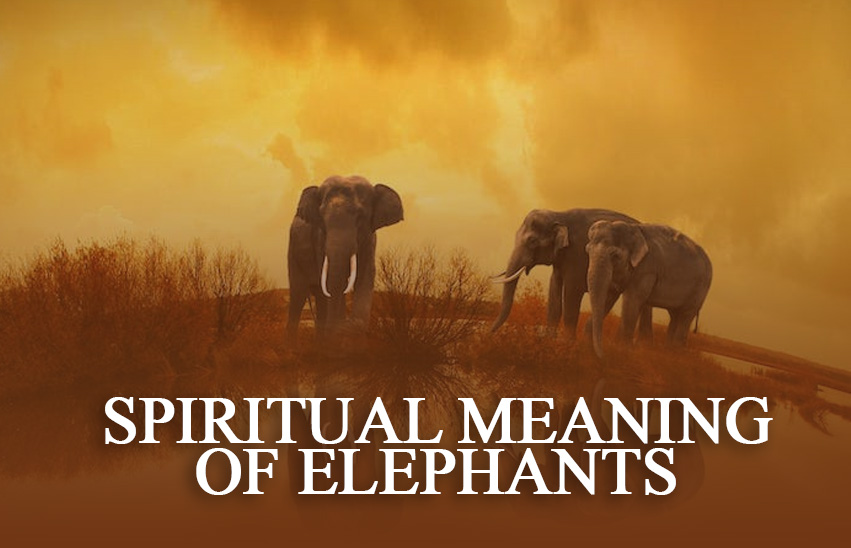Grief encompasses a range of emotions, thoughts, and physical sensations that can be overwhelming and challenging to navigate. In times of loss, understanding grief becomes essential not only for the individuals directly affected but also for their support networks. In this article, the intricate aspects of grief are examined, encompassing its psychological and emotional aspects. Additionally, it highlights the significance of support and healing during the grieving process.
The Nature of Grief
Grief extends itself to the experience of loss, encompassing a wide range of emotions, including but not limited to sadness, anger, guilt, and confusion. These emotions can be powerful and all-encompassing, affecting different facets of an individual’s life and functioning. Grieving individuals may encounter challenges in concentration, observe changes in their appetite and sleep patterns, and even experience physical pain or illness. It is vital to acknowledge that grief is a natural and essential process that enables individuals to come to terms with and adapt to the reality of their loss. In order to provide effective support and facilitate the healing process, it is crucial to have an understanding of the emotional and physical manifestations that grief can entail.
Stages of Grief
The process of grieving is often described using the widely acknowledged Kübler-Ross model, which is alternatively referred to as the five stages of grief. The stages of grief encompass denial, anger, bargaining, depression, and acceptance, but it’s important to recognize that individuals may not experience them in a straightforward or predictable manner. Grief is a deeply personal and individual journey, and individuals may progress through the stages at their own pace or even experience them simultaneously. Moreover, some experts argue that the stages of grief oversimplify the intricate nature of the grieving process. Grief is fluid, and individuals may revisit certain stages or encounter different emotions as they navigate their unique path toward healing.
Support Systems for Grieving Individuals
Family and friends offer comfort, understanding, and empathy, providing solace through sharing memories and being present. Support groups create safe spaces for connecting with others who have experienced similar losses, fostering belonging and validation. Therapists offer specialized guidance, helping navigate the complexities of grief. In cases of terminal illness, hospice, and palliative care teams provide comprehensive support for both patients and loved ones.
Healing and Coping Strategies
Giving priority to physical well-being by engaging in activities such as exercise, maintaining a balanced diet, and ensuring adequate rest can contribute to overall health and resilience. Engaging in pursuits that offer solace and relief, such as communing with nature, cultivating mindfulness, or immersing oneself in hobbies, can offer a valuable reprieve from the anguish of mourning. Grief counselling and therapists possess the expertise to offer valuable guidance, validation, and practical tools that aid individuals in processing their emotions and navigating their grief in a healthy manner.
Cultural and Individual Variations in Grief
Grief and mourning practices are greatly influenced by cultural beliefs, traditions, and rituals, shaping how individuals express and process their grief. Different cultural perspectives on death and the afterlife result in diverse ways of experiencing and conveying grief. Funeral customs, mourning periods, and rituals for honoring the deceased vary significantly across cultures, reflecting their unique values and practices. Additionally, individual experiences of grief differ based on factors like age, relationship to the deceased, and circumstances of the loss. Recognizing and respecting these cultural and individual variations is essential, highlighting the absence of a one-size-fits-all approach to healing from grief.
Supporting Others in Grief
Supporting someone in grief requires empathy, active listening, and sensitivity. Express empathy by acknowledging their pain and validating their feelings. Engage in active listening by wholeheartedly focusing on the person without forming judgments, creating an environment where they can freely express themselves at their preferred speed. Provide practical support, like running errands or preparing meals, to ease their burdens. Avoid assumptions and clichés that can be hurtful. Approach conversations with kindness and understanding, making a difference in their healing process. By offering genuine support, you can help them feel seen, heard, and supported during their journey through grief.
Conclusion
In the face of loss, understanding grief and offering support becomes vital for those who are grieving. Acknowledging the complexity and individuality of the grieving process allows us to provide empathy, compassion, and practical assistance to those in need. By creating a safe and non-judgmental space, we can encourage individuals to express their emotions, validate their experiences, and find solace. Together, we can have an impact on the lives of grieving individuals, offering them the necessary support and empathy to guide them through their healing process.
James Martin is a passionate writer and the founder of OnTimeMagazines & EastLifePro. He loves to write principally about technology trends. He loves to share his opinion on what’s happening in tech around the world.



